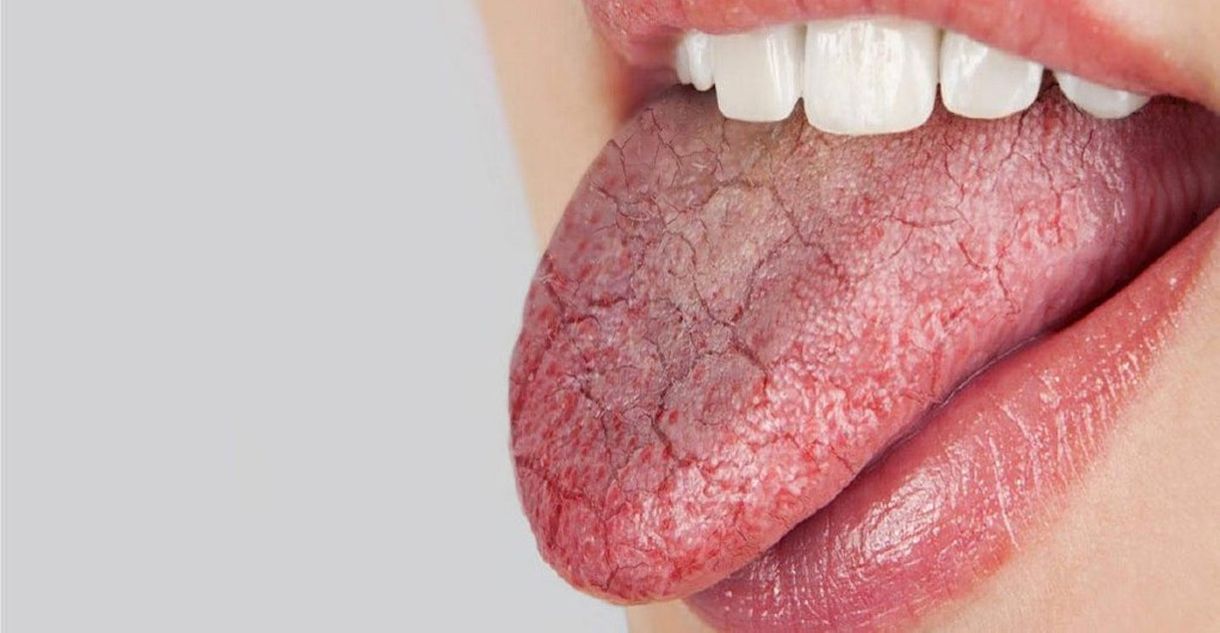Guide To The Symptoms Of Dehydration
Dry Mouth

Children and adults with all stages of dehydration could experience a dry mouth. The mouth may feel scratchy and sore, and the patient might have cracked lips too. Grooves could form on the tongue, and the patient's saliva may be thick and stringy. It is common for patients with a dry mouth to have a sticky sensation in the mouth. Some individuals with a dry mouth also notice changes in taste and dryness in the nasal passages. A dry mouth can create difficulties with speaking, chewing, and swallowing, and it could cause dentures to fit improperly. Bad breath may develop, and the patient could notice a sore throat or hoarse voice. To investigate the underlying cause of a dry mouth, doctors begin with a visual examination of the lips and the inside of the mouth. If dehydration is suspected, the patient may need to have blood and urine tests. To ease the discomfort of a dry mouth, patients are often advised to drink more fluids.
Individuals with mild to moderate dehydration may be able to ease dry mouth symptoms and rehydrate themselves by drinking fluids or by using oral rehydration solutions. Severely dehydrated individuals will often need to receive intravenous fluids at the hospital. Most patients find their dry mouth symptoms resolve completely with successful treatment for dehydration. If dry mouth symptoms occur frequently or return after treatment, the patient may need to have further investigations. These may include imaging studies and biopsies of the salivary glands, and tests to measure saliva production might be recommended as well.
Orthostatic Hypotension

Orthostatic hypotension occurs most frequently with mild dehydration. Also known as postural hypotension, it refers to a drop in blood pressure that occurs when a patient stands up from a sitting or lying position. Patients with orthostatic hypotension typically feel dizzy or lightheaded upon standing, and they could experience nausea, confusion, blurred vision, or weakness. Fainting may occur in some cases. Since orthostatic hypotension could be a sign of a serious medical issue, patients should see a doctor if they experience frequent episodes of lightheadedness or dizziness upon standing. Emergency medical care is necessary if fainting occurs.
To diagnose orthostatic hypotension, doctors will measure the patient's blood pressure while they are sitting and standing. If the systolic measurements differ by more than 20 mmHg, the diagnosis is confirmed. Patients may also need to have blood tests to fully investigate their symptoms, and in some instances, an electrocardiogram may be necessary. During testing for orthostatic hypotension, patients should let their doctor know about their fluid intake and about any symptoms that may be connected to dehydration.
